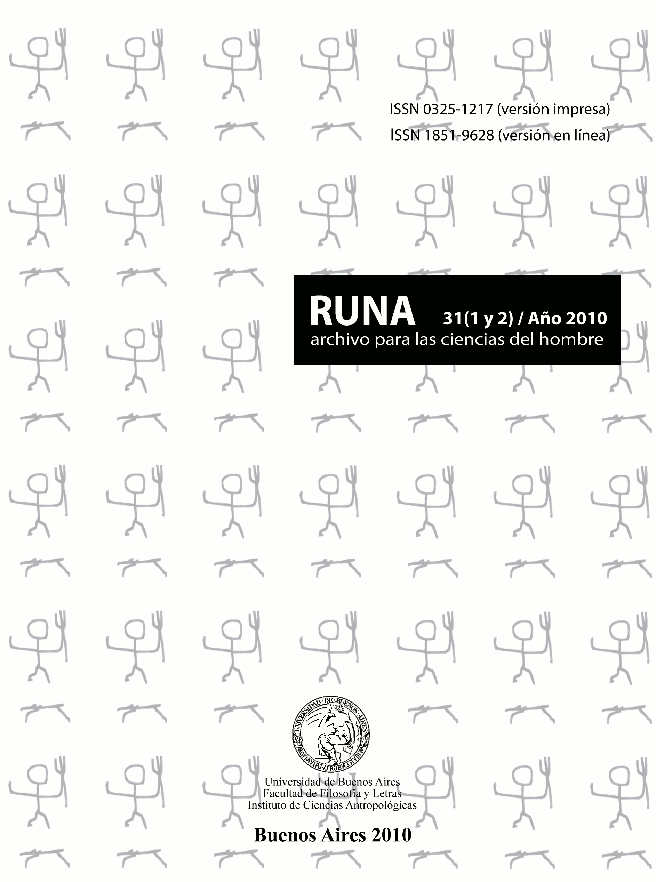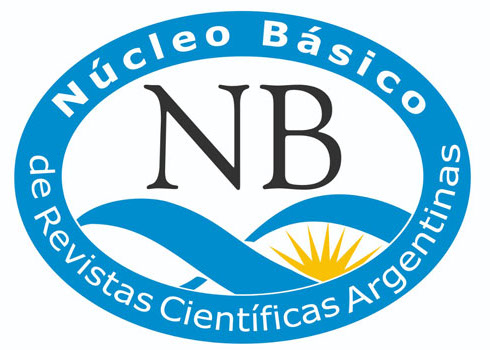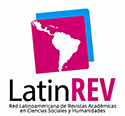Behind the Footprints of Silence: Potosí, the Incas and Toledo
Abstract
Why did the Aymara lords of Charcas and Inca Paullo, after dis-covering the silver-mines of Porco in 1538 to Hernando Pizarro, remain silent about Potosí (just a few leagues distant) which was not discovered to the Spanish until April 1545? Constructing a mosaic from apparently disconnected data, this article reviews current versions and interrogates a curious silence present in the sources. Reconstructing a hitherto undetected network of Incas and Spaniards, we show that, rather than the providential find of a lone yanacona (the received version), the dis-covery of Potosí may be seen as confirmation of the policy of “obedience” underlying the gift of Porco, but now orchestrated from Vilcabamba by Inca Manco, Paullo's brother and rival, until his death at the end of 1544. And the policy now offered support for the King and the New Laws (1542) against the greater threat represented by Gonzalo Pizarro and the encomenderos. We note Viceroy Toledo's promotion of the “providential legend”, and the alternative version by Guaman Poma of the “discovery” of Potosí as, indeed, an Inca initiative, even asserting that the town had been founded by Túpac Yupanqui. This version converges with recent geological and archaeological research.Downloads

Runa, archivos para las ciencias is a publication of the Instituto de Ciencias Antropológicas, Facultad de Filosofía y Letras, Universidad de Buenos Aires and is distributed under a Creative Commons Attribution 4.0 International License.
Runa maintains its commitment to the policies of Open Access to scientific information, considering that both scientific publications and publicly funded research should circulate on the Internet freely, free of charge and without restrictions.
The contents and opinions expressed in published articles are the sole responsibility of their authors.



















